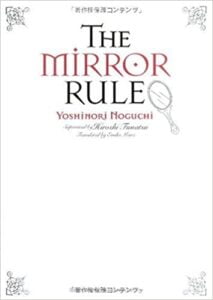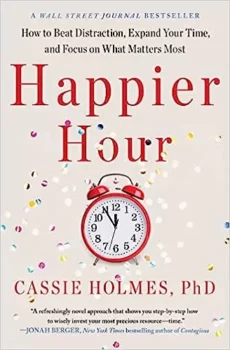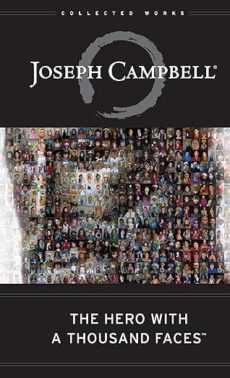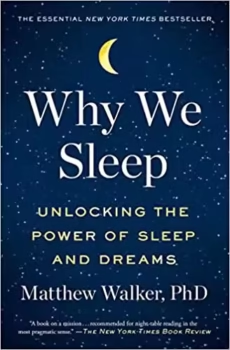Description
An Overview of the Mirror Rule Book
The Mirror Rule Book, authored by Yosinori Noguti, presents a unique and insightful approach to understanding interpersonal relationships and self-reflection. Originating from a deep exploration of social dynamics, this compendium serves as a vital resource for those seeking to enhance their personal development. The foundational premise of the book is encapsulated in the concept of ‘mirroring,’ which suggests that individuals often reflect the behaviors, emotions, and attitudes of those around them. This principle is critical in fostering awareness of one’s actions and their subsequent impact on social interactions.

The Mirror Rule
The primary objective of the Mirror Rule Book is to provide readers with tools and methodologies that promote self-examination. By encouraging practitioners to look inward, Noguti aims to cultivate a deeper understanding of their contributions to the fabric of interpersonal relationships. The core principles outlined in this guide emphasize that each person’s behavior not only shapes their personal experiences but also resonates across their social circles. This interconnectedness calls for a heightened awareness of how individual actions can foster either positive or negative outcomes in varied contexts.
Moreover, Noguti’s work serves as a practical guide to navigating the complexities of human interactions. It elaborates on essential ideas, such as empathy and active listening, that are crucial for effective communication. By systematically breaking down these principles, the Mirror Rule Book equips readers with the skills necessary to reflect constructively on their behavior and its effects on others. Ultimately, the teachings within this book resonate with anyone aspiring for personal growth, as they illuminate the pathways toward improved social engagements and enriched self-awareness.
Practical Applications of the Mirror Rule Book
The Mirror Rule Book, conceived by Yosinori Noguti, offers transformative strategies that can be effectively utilized in diverse settings such as personal relationships, professional environments, and individual self-improvement efforts. One of the most prominent applications of the mirror rule is enhancing communication skills. By reflecting on the behaviors and emotions of others, individuals can adapt their responses to foster a more harmonious interaction. For instance, in a personal relationship, actively mirroring a partner’s emotional state during discussions can lead to increased empathy and understanding, ultimately promoting a deeper connection.
In the workplace, the principles outlined in the Mirror Rule Book can significantly improve team dynamics. When leaders adopt a mirroring approach to understand their employees’ perspectives, it can create a more inclusive atmosphere, allowing everyone to feel valued. A team that engages in open dialogue and reflects on collective feedback often witnesses improved conflict resolution, as differing viewpoints are acknowledged and addressed constructively rather than confrontationally. This not only enhances team cohesion but also drives productivity and innovation.
In terms of self-improvement, the mirror rule encourages internal reflection and self-awareness. By examining one’s responses and habits, individuals can identify patterns that may hinder their personal growth. For example, when faced with criticism, instead of reacting defensively, individuals can use the mirror rule to assess the underlying feelings driving their reaction, which may lead to more constructive feedback handling. However, integrating these principles into everyday life may present challenges, such as resistance to change or misinterpretation of behaviors.
Continuous practice and maintaining an open mindset are essential to overcoming these obstacles. Setting small, achievable goals that focus on one aspect of communication or a specific relationship can facilitate the gradual implementation of these techniques. By doing so, individuals can enhance their interactions, resolve conflicts, and ultimately foster better understanding among people, thus validating the relevance of the Mirror Rule Book in various aspects of life.






Reviews
There are no reviews yet.